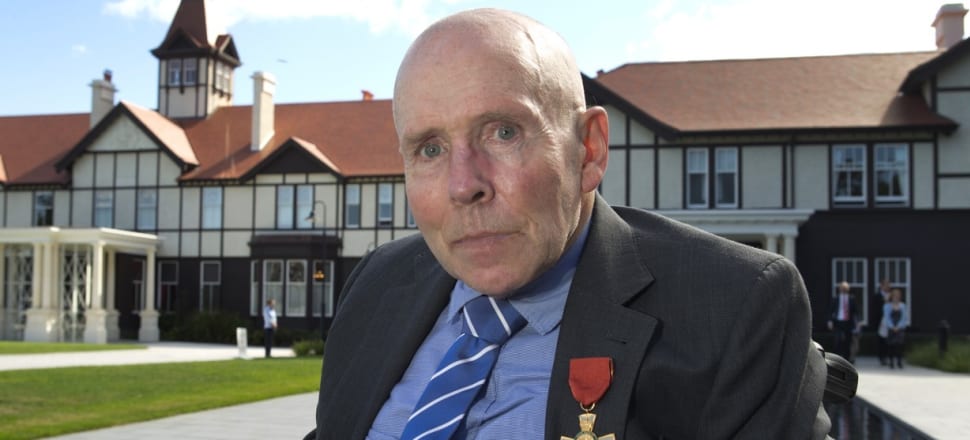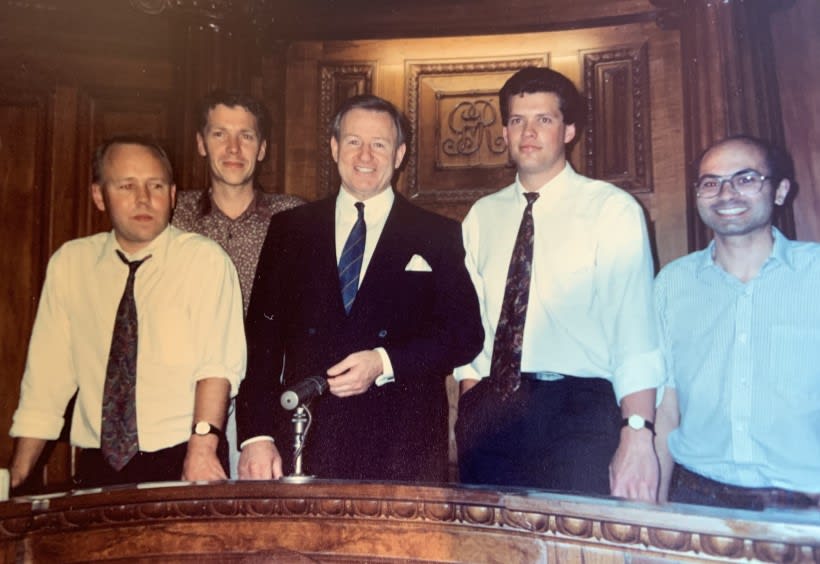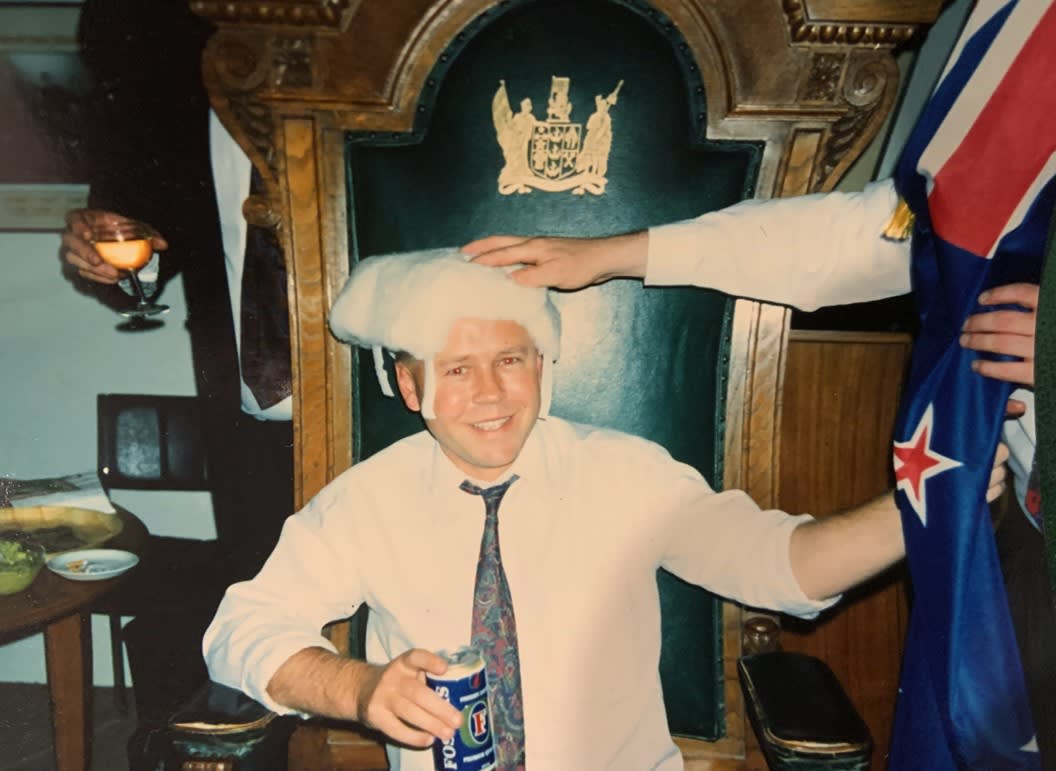
One of the country's finest journalists, John Armstrong, a peerless chronicler of our recent political history, died at the weekend.
John Armstrong had a brilliant journalistic career - one of formidable thinking, beautiful writing, incisive judgments, humility, leadership and being an example and inspiration to generations of the parliamentary press gallery.
His professional courage and achievements over three decades at Parliament, covering seven Prime Ministers and 10 elections, were matched by his personal bravery working and living with Parkinson's disease for more than two decades.
He had a special gift as an observer and a writer, for the New Zealand Herald (and Otago Daily Times) from 1987 until 2015, and latterly as a columnist for TVNZ.
Great writing comes from great thinking, experience and wisdom.
There have been many big brains who have walked the floorboards of Parliament and the gallery – many of them people who looked up to John Armstrong.
There’ve been many journalists who’ve had substantial longevity writing on our politics.
There have been many brave columnists calling things as they see them.
There are writers of great erudition.
Journalists trusted and well regarded by much of the political spectrum.
Political editors who newspaper and broadcast editors rely on for guidance and reinforcement on the great issues of the day.
Commentators in whom readers have innate faith to tell them what is really going on and why it matters for them and for society.
John Armstrong had all these dimensions and more.
Having worked with, for and been the editor of John Armstrong over nearly three decades, I think he had the best blend of political instinct, competitive news sense and gut-feeling for reader interest that I have known.
All delivered with a turn-of-phrase that was un-cliched and nuanced. Memorable moments, memorably captured.

John saw through political game-playing, not letting weasel words and non-statements stop him from revealing what was really going on, or calling out failure, poor policy or failed execution. And when he made a call over a political controversy or a ministerial scalp, everyone knew it.
But he was careful always to be correct, and fair, and his bouquets for leaders of left or right were as considered as his brickbats.
He took an international view, well read and informed on foreign affairs and defence and reporting regularly from international summits, and was a longtime reader of The Guardian Weekly and, well before it became a trend, The Economist, writing with the interpretative skill and dexterity of those publications.
After John's final Saturday column for the Herald, it emerged one reader had been studying his columns over the years – and had concluded, correctly, that he was neither ‘left’ nor ‘right’, neither ‘Labour’ nor ‘National’.
His theory was that Armstrong was focused, above all, on those who held power at any point in time and how they used it.
John had a powerful intellectual curiosity about politics.
He guided us through an era that spanned Merv Wellington to Mojo Mathers, Bill Ralston to Paddy Gower, and Winston Peters to Winston Peters.
(As an aside, he was always right about Peters, saying in a farewell column that ‘His career is material for some kind of Shakespearean tragedy or the psychologist’s couch – or both.’)
John joined the Herald as a political reporter in 1986 after working at the national news agency NZPA in the press gallery and before that at the Christchurch Star. He became political editor and then, as the effects of his Parkinson's increased in the early 2000s, political correspondent to concentrate on regular commentary.
Years earlier he told me he would've considered, then, working as a press secretary for a political party because he was still intrigued by how the political process worked from within.
He would have been a terrific strategist inside the tent, pissing out.
But the reading public, colleagues, friends, family, political tragics and the country were blessed that he didn't go over to the other side.
A life member of the Press Gallery, his contribution to our journalism, and politics, was recognised when he was made an Officer of the NZ Order of Merit in 2016.
John, who was 68 when he died on Saturday in Wellington, is survived by his partner Anne Riley and their adult children, Tim and Alice.








